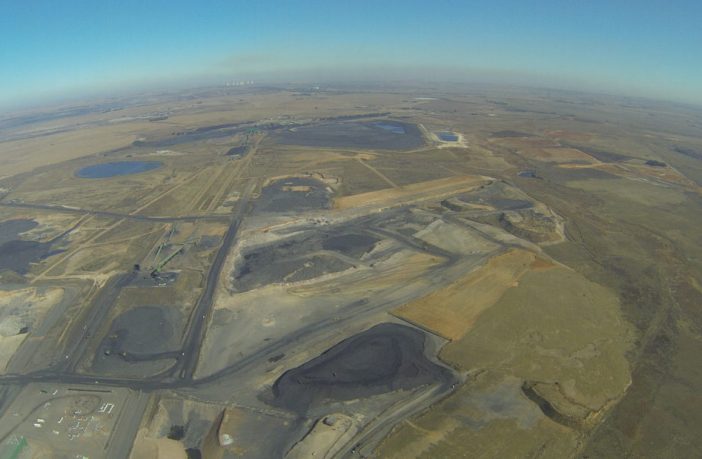- Focus is on greenwashing
- Most companies seem to focus firstly on ‘Legal Compliance’, then ‘Waste Management’ and lastly on ‘Environmental Assessments’ as their most important environmental activities.
- One could argue that companies have not yet moved beyond the point of legal compliance to an ethical approach
Many mining companies in South Africa are saying the right things and moving forward in terms of incorporating sustainability into their policies and codes of conduct, but their actions do not always match their words.
This is according to Charl van der Merwe who recently obtained his Master’s degree in Philosophy at Stellenbosch University. Having worked in the mining industry for 15 years, he tried to determine the extent to which mining companies’ environmental codes of conduct contribute to sustainable development in the sector.
As part of his study, Van der Merwe did a literature review of environmental ethical theories, sustainability and corporate social responsibility, and asked representatives from large South African companies, corporate environmentalists and an independent environmental lawyer to complete a questionnaire.
Van der Merwe says his study revealed that sustainability in the mining sector is not motivated by an ethical approach but driven by compliance with legal requirements.
“Although sustainability is part of the vocabulary of mining organisations, and even though they are moving ahead on sustainability, the respondents indicated that the emphasis is still on pleasing the lawmaker or just greenwashing (making people believe that the company is doing more to protect the environment than it really is).
“Many companies say the right things, but they don’t act accordingly. In instances where mining companies are making strides in terms of incorporating sustainability into their strategies and seeking to minimise environmental impacts, the respondents indicated that it is not necessarily a deliberated action but it is a legal requirement.”
Van der Merwe says although there is overwhelming support for sustainable development, the respondents indicated that some senior managers do not feel that sustainability is important.
He adds that while all the respondents believe sustainability has environmental, economic, and social dimensions, most had no idea which office or position ultimately takes responsibility for sustainable development in the organisation.
“The respondents indicate that they are aware of sustainability but less convinced of the value of sustainability, or less motivated to pursue it. This is also more evident from the response from the respondents who were 40 years and older.
“In response to the question if sufficient financial resources are allocated to sustainability in the organisation, 46.66% of the respondents replied in the affirmative, 40% in the negative and 13.33% do not know or would rather not say.
“Of significance was that only 58% of the respondents indicate that their companies measure the impact of its sustainability activities.”
Van der Merwe says respondents emphasised that legal compliance and preserving a company’s reputation is the priority for the sustainability department.
“Most companies seem to focus firstly on ‘Legal Compliance’, then ‘Waste Management’ and lastly on ‘Environmental Assessments’ as their most important environmental activities. Since all three issues are linked to legal requirements, one could argue that companies have not yet moved beyond the point of legal compliance to an ethical approach.”
According to Van der Merwe, the respondents indicated that sustainability management is often hampered by financial constraints, too much legislation and unscrupulous politicians.
“Despite the solid legal foundations and new knowledge, mines are not yet fully leveraging the potential that sustainability has to offer, neither are they aware of the destructive effect of ecosystem degradation, hence the lack of a deep rooted environmental ethical approach.
Van der Merwe says an environmental code of conduct should not be prescribed by law but rather be voluntarily developed by the mining company taking into consideration the specific environment, their area of impact and the community, and should be an autonomous document. “It shouldn’t just be a framed document in the boardrooms and foyers of mining companies, but something that can help to promote and guide sustainable development in the sector.”
Author: Bryan Groenendaal
Disclaimer: The articles and videos expressed in this publication are those of the authors. They do not purport to reflect the opinions or views of Green Building Africa, our staff or our advertisers. The designations employed in this publication and the presentation of material therein do not imply the expression of any opinion whatsoever on the part Green Building Africa concerning the legal status of any country, area or territory or of its authorities.











